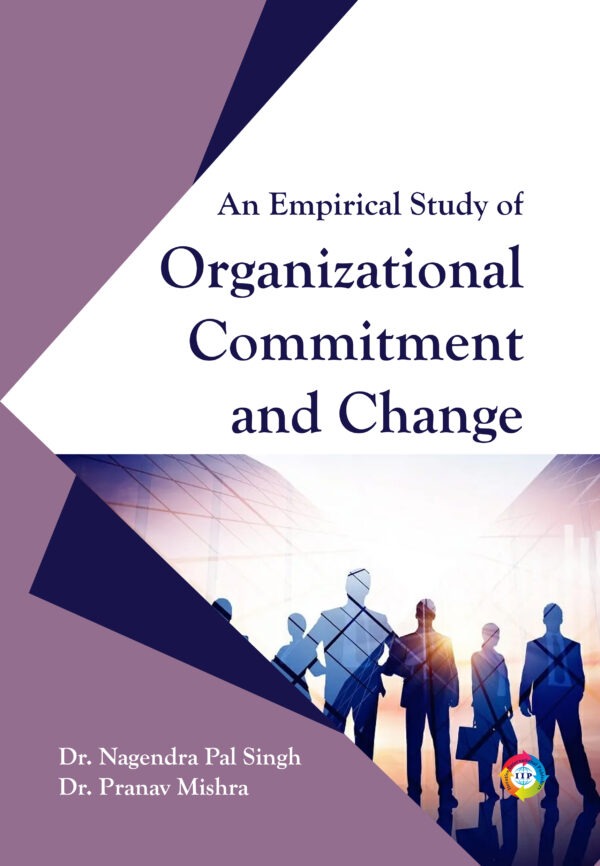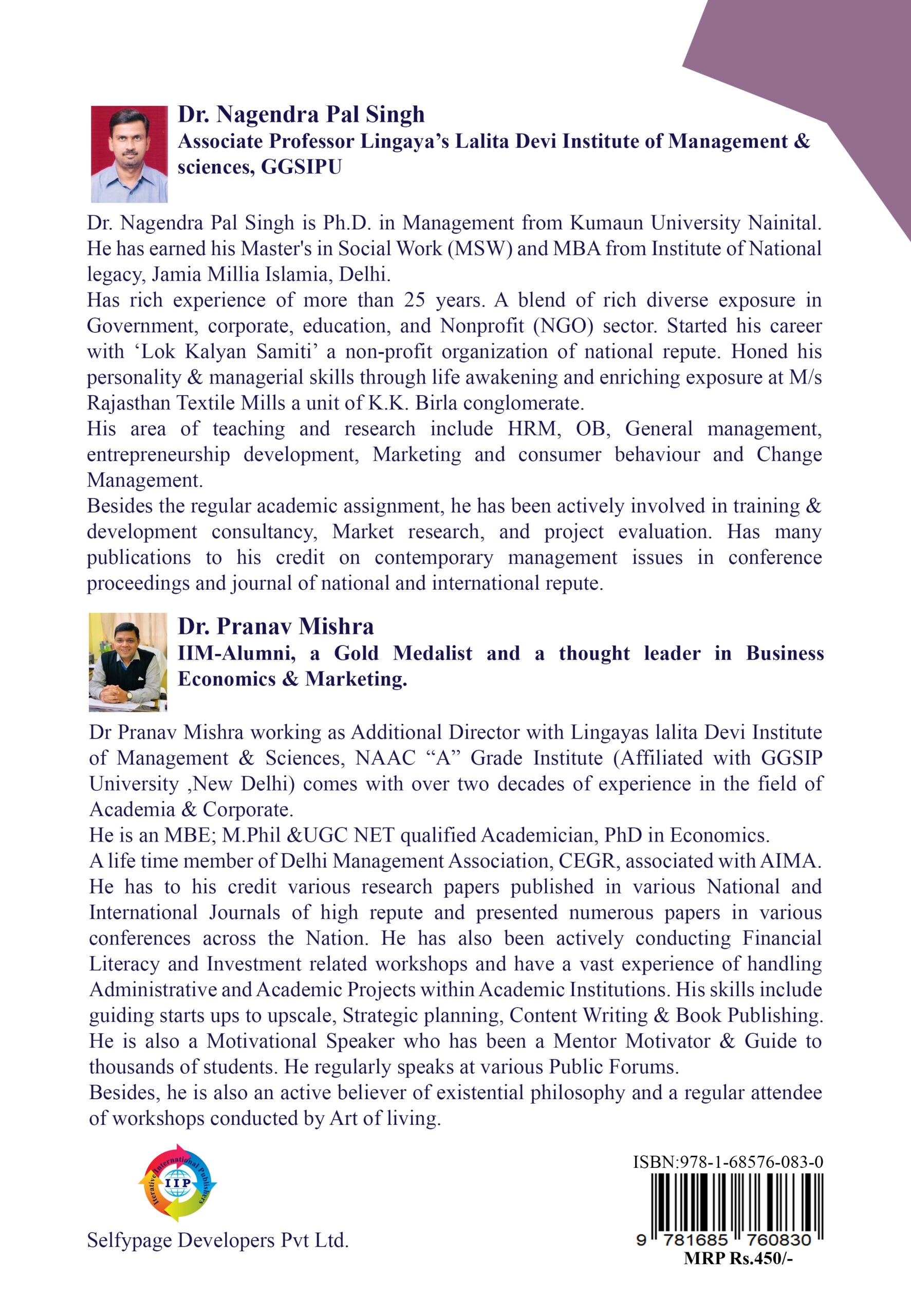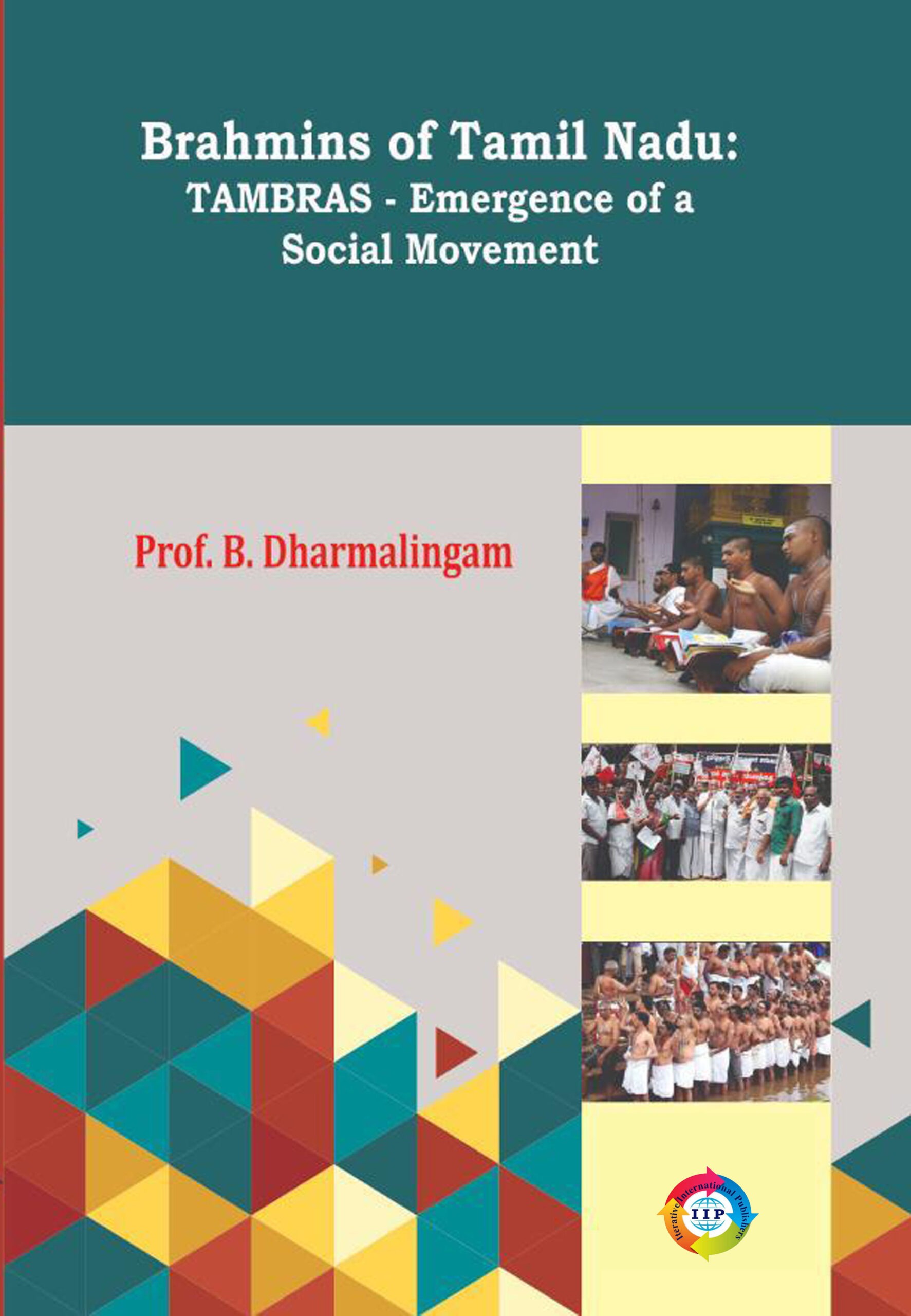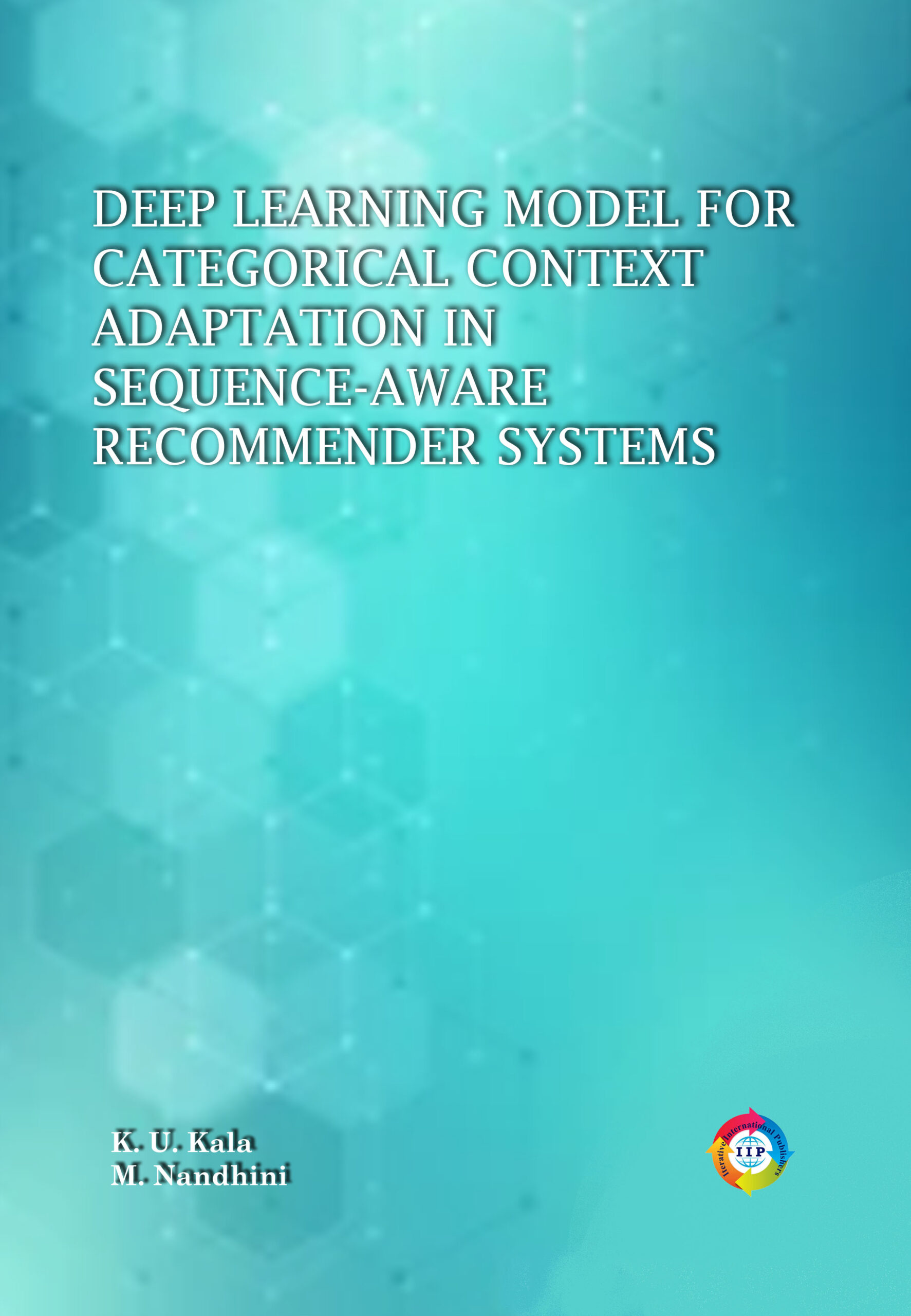Change is inevitable and it is the essence of life, it takes place in all spheres of life i.e. biological, social, and economic. Business organizations have socio- economic motives, they are striving hard in pursuit of those socio- economic objectives. In their pursuit to achieve those objectives they continuously undertake change initiatives. Yet, it is a bitter fact that the failure rate of change initiatives is alarmingly high. The failed change programs have both direct cost and behavioural consequences to organizations. The reported prevalent failure rate and these financial and non-financial associated costs of organizational change have been a major concern for organizations and change managers. Similarly Academic world equally shares the same concern and has consensus regarding success rate of change initiatives. Thus both stakeholders continuously striving hard to improve the rate of change initiatives i.e. despite the high failure rate change managers and organizations remain undeterred and constantly engage themselves in change initiatives and self-renewal exercises, make innovative use of theoretical framework, and techniques available to them, relentlessly engage in developing the organizational capacity to succeed the change initiatives, similarly academician are also pursuing and conducting research, validating and generalizing findings and result on various change management and its related critical aspects in diverse cultural and organizational settings. Although the existing theoretical framework is very sound, yet the efficacy of the same has reduced drastically. The higher failure rate of change initiative often raises the need for revalidating and re-examining the existing theoretical framework and body of knowledge related to ‘change management’ and implementation or developing alternative theoretical framework. This need for further examining the existing body of knowledge, apparently seems more relevant in context of the evolving nature of the ‘organizational change’ and increasingly diverse nature of organizational settings in which they are undertaken.
Any change initiative to succeed ‘change managers’, must address three critical aspects of ‘change management’ strategy i.e. ‘content’, ‘process’ and ‘people’. ‘Content’ refers to the ‘change’ introduced and implemented in any sub-set (technology, task, structure) of the organization, ‘Process’ refers to ‘methods’ or the way change is implemented and ‘people’ refers to the people involved and impacted by change. Over the last few decades the result and the findings of ‘change management’ and related research are able to infer that the two aspects of ‘change management strategy’ (‘process’ and ‘people’) emerged as a more crucial determinant of the ‘content’ or the entire change initiative. The findings of several research studies conclude and attribute the higher failure rate of change initiative to the ‘process’ and ‘people’ aspect of change management strategy. This resulted into spur in research on ‘process’ and ‘people’ side of change management. Furthermore, over the last few decades research on the human aspect of change has dominated and surpassed the research on ‘processes’. This is probably because ‘process’ and ‘people’ are more directly and closely related. Over the decades researchers have attributed the major cause of failed change programs to various human behaviour phenomena such as ‘resistance to change’ and ‘readiness for change’. Researchers have intensively researched these phenomenon across the globe in varied organizational settings. Researchers have further concluded that these phenomenon are influenced by another organizational phenomenon (organizational commitment) critical to ‘change management’. Recently another behavioural construct ‘uncertainty during change’ has also gained attention and been attempted by few researchers. Since a change program involves moving from a ‘known‘to seems to be ‘unknown’ this construct appears to be of due relevance and critical to change management.
Even the early researchers and contemporary researchers have expressed their consent on the above view. They have intensively researched these phenomenon in diverse settings and evolved a valid theoretical framework which can be generalized and applicable to ‘change management’. They have propounded various theoretical models for change management and included these behavioral constructs as an integral part of their model for ‘change management’.
Some researchers have further emphasized the need for further research on exploring and validating the effect of these phenomenon in emerging or growing economies. Owing to modernization and uplift in the living standard of their people they are witnessing tremendous ‘change’ in their psychological, social, economic and legal institutions. Furthermore they are under tremendous pressure to change and adopt global competition and phenomenon.
India is an emerging economy witnessing drastic change in its social, psychological and economic profile. There is drastic alteration in the structure of Indian economy, service sector has become a more strategic growth engine, and is witnessing changes more frequently and in a complex manner. Departing from the traditional route of becoming a developed nation (agriculture- manufacturing and service) it is emerging as the largest service based economy and heading to become a developed country. In the prevailing condition there is an imperative need for research on ‘change management’ and related aspects.









Reviews
There are no reviews yet.